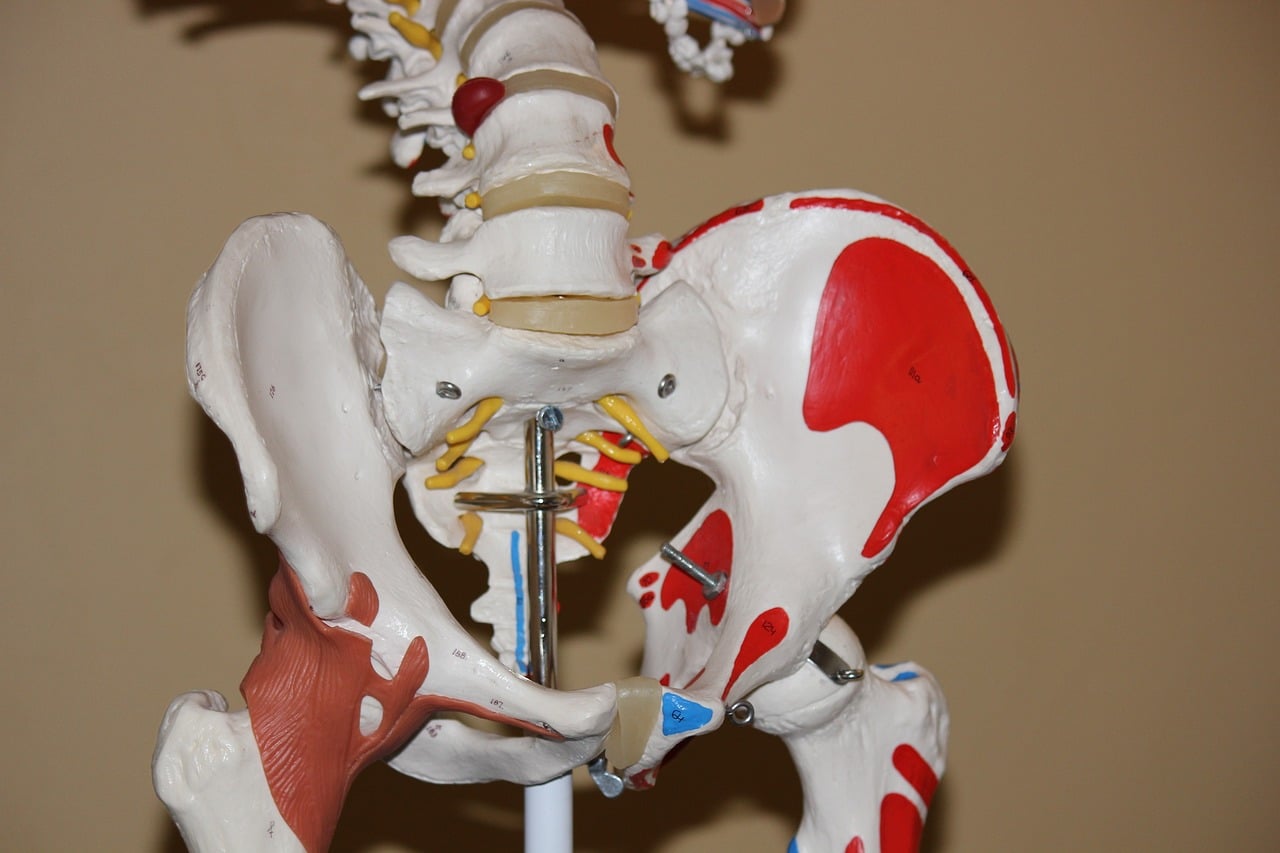Preventing arthritis through diet

Arthritis, a debilitating condition marked by inflammation in joints causing pain and stiffness, impacts millions of people globally. While medications, exercise, and physical therapy are often the first lines of defense, increasing evidence suggests that your diet plays a pivotal role in managing arthritis symptoms, and may even prevent its onset.
The Role of Diet in Arthritis Prevention
You may wonder, "Can adjusting what we consume truly make a difference in our joint health?" The answer is an astounding yes. Our dietary choices can influence inflammation levels in our body, which is at the heart of arthritis.
Avez-vous vu cela : Nutrition: Anti-inflammatory foods
The Inflammation and Arthritis Connection
Inflammation is a natural immune response that helps your body fight off infections and heal from injuries. However, in conditions like arthritis, this response goes into overdrive, leading to chronic inflammation that damages the joints.
Eating a diet high in sugar, saturated fats, and processed foods can exacerbate this inflammation. On the other hand, incorporating certain foods into your diet can help combat inflammation, thereby reducing arthritis symptoms and potentially preventing its onset.
A découvrir également : Benefits of swimming for the body
Healthy and Unhealthy Fats
While the word ‘fat’ is often associated with unhealthy eating, not all fats are created equal. Trans fats and saturated fats, found in fried foods, packaged snacks, and red meats, can trigger inflammation. These should be limited in your diet.
On the other hand, Omega-3 fatty acids, found in fatty fish, walnuts, and flax seeds, are known for their anti-inflammatory properties. Including these in your diet could help in preventing arthritis.
Implementing Dietary Changes
Transitioning to an anti-inflammatory diet doesn’t have to be an uphill task. Small, consistent changes can go a long way in improving joint health.
The Mediterranean Diet
The Mediterranean diet, rich in fruits, vegetables, whole grains, lean proteins and healthy fats, has long been touted for its health benefits, including its potential to reduce inflammation.
Fruits and vegetables are loaded with antioxidants, substances that can protect your body from damaging inflammation. Whole grains and lean proteins provide necessary nutrients without contributing to inflammation.
Hydrate with Water
While it may seem simplistic, staying well-hydrated is important for joint health. Water helps in maintaining an optimal blood volume, which allows nutrients and waste to move in and out of the body cells, keeping your joints healthy.
The Role of Spices and Herbs
Spices and herbs add flavor to our food, but their benefits extend far beyond taste. Many of these, such as turmeric and ginger, have powerful anti-inflammatory properties. Using these in your cooking can be a simple yet effective step towards managing arthritis.
Understanding Potential Risks and Limitations
While dietary changes can play a significant role in arthritis prevention and management, it’s important to understand their potential risks and limitations.
Individual Differences
While the guidelines provided can serve as a starting point, each body reacts differently to dietary changes. What works for one person may not work for another. Therefore, it’s crucial to listen to your body and adjust your diet accordingly.
Interaction with Medications
Certain foods and supplements can interact with arthritis medications, either increasing or decreasing their effectiveness. Always consult with a healthcare provider before making major dietary changes or starting new supplements.
Regular Exercise and Healthy Lifestyle
In addition to a healthy diet, regular exercise and leading a healthy lifestyle are integral to arthritis prevention and management. Regular exercise strengthens the muscles around your joints, improving their stability and reducing pain.
Exercise and Arthritis
While you may not feel like exercising when dealing with arthritis pain, it’s essential to keep moving. Low-impact activities such as walking, swimming, or cycling can help maintain joint flexibility without causing further damage.
Healthy Lifestyle Choices
Apart from diet and exercise, other lifestyle choices can impact your joint health. Quitting smoking, managing stress, and ensuring adequate sleep can go a long way in managing arthritis symptoms.
While arthritis can result from factors beyond our control, such as age and genetics, the power of dietary choices in preventing arthritis should not be underestimated. Implementing these changes today could help lead a healthier, pain-free life tomorrow.
Dealing with Arthritis through Weight Management
Excess weight is not just an issue related to body image; it has significant implications for arthritic conditions as well. Extra weight puts more strain on your joints, particularly those that bear weight such as your knees and hips, exacerbating the pain and inflammation associated with arthritis.
Research shows that each pound of weight loss can result in a four-pound reduction in knee joint load. In other words, losing just 10 pounds can relieve 40 pounds of pressure on your knees. This can not only alleviate current symptoms but also slow the progression of the disease.
On the other hand, a diet rich in fruits, vegetables, lean proteins, and whole grains, coupled with regular exercise, can help maintain a healthy weight and keep arthritis symptoms at bay. It’s also crucial to limit high-calorie foods and drinks, as they can contribute to weight gain and increased inflammation.
Bear in mind that crash diets are not the solution. Not only are they often unsustainable, but they can also deprive your body of essential nutrients, causing more harm than good. Instead, focus on adopting a balanced, sustainable diet that provides all the necessary nutrients while helping you achieve and maintain a healthy weight.
Importance of Regular Health Check-ups and Consultations
Regular health check-ups and consultations can play a pivotal role in preventing and managing arthritis. Regular check-ups allow for early detection, which is crucial as some types of arthritis, if left untreated, can cause irreversible joint damage.
Through regular consultations, healthcare providers can monitor your arthritis condition, assess the effectiveness of current treatments, and make necessary adjustments. They can provide valuable advice on dietary changes, exercise programs, and weight management strategies tailored to your individual needs and circumstances.
In addition to regular check-ups, it’s essential to seek immediate medical attention if you notice any new symptoms or a significant increase in pain. This could indicate a worsening of your condition or the onset of a new type of arthritis.
Conclusion
Arthritis, while a common and often debilitating condition, can be effectively managed and potentially prevented. A healthy, balanced diet rich in anti-inflammatory foods, regular exercise, weight management, and regular health check-ups form the cornerstone of arthritis prevention and management.
Arthritis might not be entirely preventable, especially when it’s caused by unavoidable factors like age and genetics. However, a focus on diet and lifestyle modifications can go a long way in reducing the risk and managing the symptoms.
Remember, it’s not about making sweeping changes overnight. Even small, consistent steps towards a healthier lifestyle can make a significant difference in your joint health. It’s about taking control of your health, one choice at a time, and moving towards a healthier, pain-free life.
